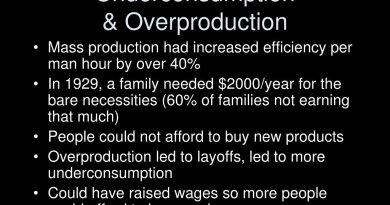What Does Proof-of-Stake PoS Mean in Crypto

"Proof-of-Stake (PoS) is a cryptocurrency consensus mechanism for processing transactions and creating new blocks in a blockchain. This mechanism validates entries and secures the blockchain. Learn more about PoS and how it differs from proof-of-work. It also addresses issues within the cryptocurrency industry.
Under PoS, validators are chosen based on the number of staked coins they have. It serves as an alternative to proof-of-work (PoW), which validates transactions and opens new blocks. PoW requires miners to solve cryptographic puzzles, while PoS requires validators to hold and stake tokens for earning transaction fees. PoS is seen as less risky as it structures compensation to make an attack less advantageous. The next block writer is selected randomly, with higher odds for nodes with larger stake positions.
PoS reduces the computational work required to verify blocks and transactions. Owners stake their coins as collateral to validate blocks and earn rewards. Validators are randomly chosen to confirm transactions and validate block information. To become a validator, a coin owner must stake a specific amount of coins. Ethereum, for example, requires 32 ETH to operate a node. Validators validate blocks, and once a specific number verifies accuracy, the block is finalized and closed.
To activate your own validator, stake 32 ETH, or you can participate in validation pools using liquid staking with an ERC-20 token. Different PoS mechanisms may use various methods to reach a consensus. Ethereum, for instance, introduces sharding, which requires no more than 128 validators to form a voting committee. Once validated, two-thirds of the validators must agree, then the block is closed.
PoS and PoW are different approaches to synchronizing data, validating information, and processing transactions. Under PoS, block creators are validators who verify transactions, vote on outcomes, and maintain records. Under PoW, block creators are miners who solve cryptographic puzzles to verify transactions. PoS requires owning enough coins to become a validator, while PoW requires investing in processing equipment and incurring hefty energy charges.
PoS mechanisms are energy-efficient, provide security through community control, and validators receive transaction fees as rewards. In comparison, PoW mechanisms are not energy-efficient, have robust security due to expensive upfront requirements, and miners receive block rewards.
The goals of PoS include reducing network congestion and addressing environmental sustainability concerns related to the energy-intensive PoW protocol. It seeks to reduce energy consumption by substituting staking for computational power. Ethereum’s transition from PoW to PoS reduced energy consumption by 99.84%. Peercoin, Nxt, Blackcoin, and ShadowCoin were among the early adopters of PoS.
Although there are concerns about the 51% attack, it is expensive to control 51% of staked cryptocurrency. Ethereum’s PoS allows honest validators to vote to disregard altered blockchains and burn offenders’ staked ETH. Most PoS systems have additional security features in place.
Proof-of-Stake (PoS) uses randomly selected validators to confirm transactions and create new blocks, while Proof-of-Work (PoW) uses a competitive validation method.
PoS is a consensus mechanism where cryptocurrency validators validate transactions. There are currently no certificates issued. PoS cannot be earned, but you can help secure a network and earn rewards by using a cryptocurrency client that participates in PoS validation or becoming a validator.
Although Bitcoin could change to PoS, successful implementation takes years and requires community agreement.
In conclusion, PoS is a mechanism used to verify blockchain transactions. It differs from PoW by incentivizing honest behavior through collateral and the chance to earn more."



